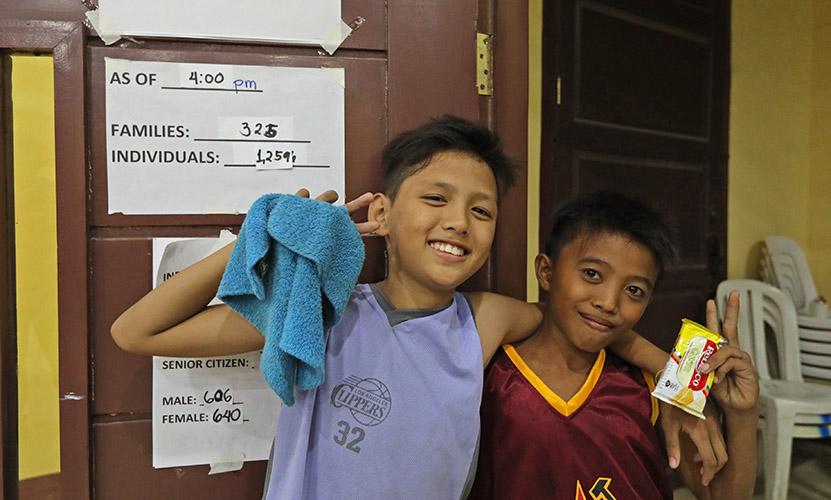Amidst the nationwide observance of the National Disaster Resilience Month this July, Senator Win Gatchalian pressed the need to strengthen the basic education sector’s capacity to deliver education in emergency situations, such as the COVID-19 pandemic.

“Pinagdaraanan natin ngayon ang pinakamalaking sakuna na nararanasan sa buong mundo. Sa pagtataguyod natin ng new o better normal sa edukasyon, nais nating tiyakin na ang ating sistema ng edukasyon ay mas matatag sa gitna ng mga krisis upang matiyak ang kapakanan ng bawat mag-aaral,” said the Chairman of the Senate Committee on Basic Education, Arts and Culture.
Gatchalian pointed out how the ill effects of the coronavirus disease reiterated the need for a more resilient and flexible education system, especially in the event of prolonged school closures. More than 26.5 million learners in the basic education sector had to shift to remote learning following the shutdown of schools in March 2020.
In improving the delivery of education in times of emergencies, Gatchalian cited the important role of local governments, especially the local school boards. One of the provisions in Senate Bill No. 1579 or the 21st Century School Boards Act, which Gatchalian proposed, is to increase the functions of the local school board to include the introduction of timely, organized, and localized interventions for continued learning delivery in times of calamities and emergencies.
The 21st Century School Boards Act also proposes the expanded use of the Special Education Fund (SEF) to include, among others, the formulation and implementation of locally-oriented non-formal and distance education classes and training programs.
Gatchalian’s Senate Bill No.1565 or the “Education in the Better Normal Act” promotes the use of a hybrid learning system that utilizes alternative learning modalities such as homeschooling, online learning, radio and television-based instruction, and printed modules.
The proposed measure also mandates that in health-related emergencies, safe school reopening plans should identify basic interventions such as cleaning and disinfection of schools, the provision of public health supplies, preventive public health programs, teacher training on disease prevention and management, among others.
The bill also seeks to make mental health services, life skill classes, and psychosocial first aid available to learners. For learners with disabilities and other marginalized learners, accessible and responsive services should be provided.


